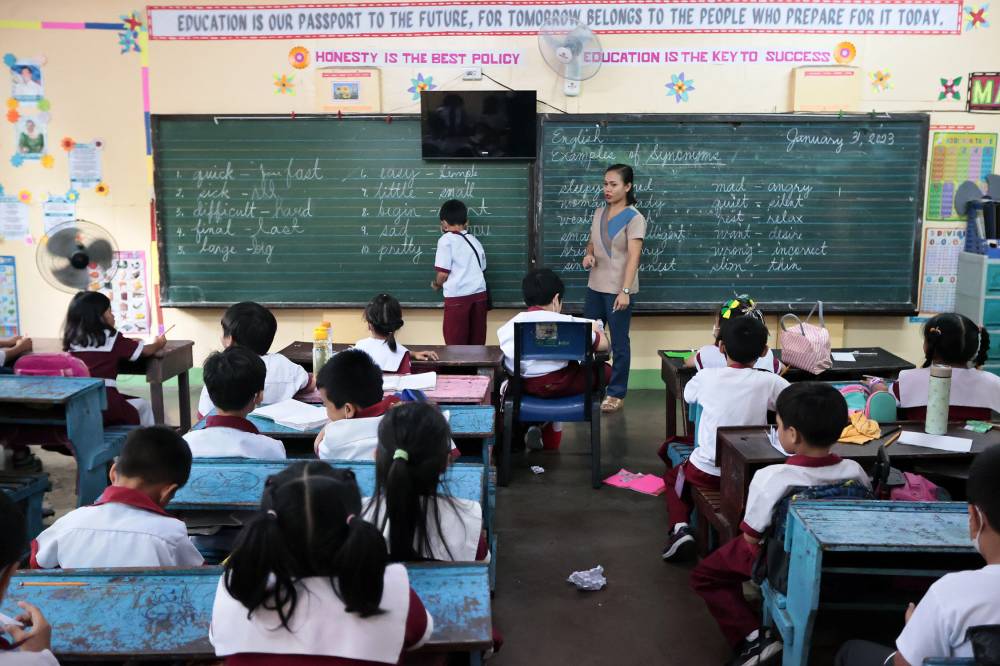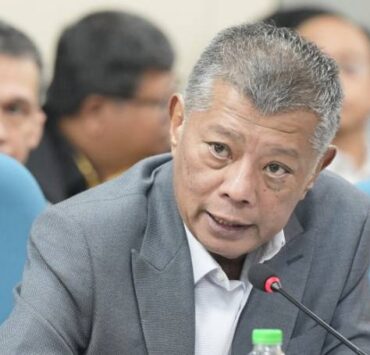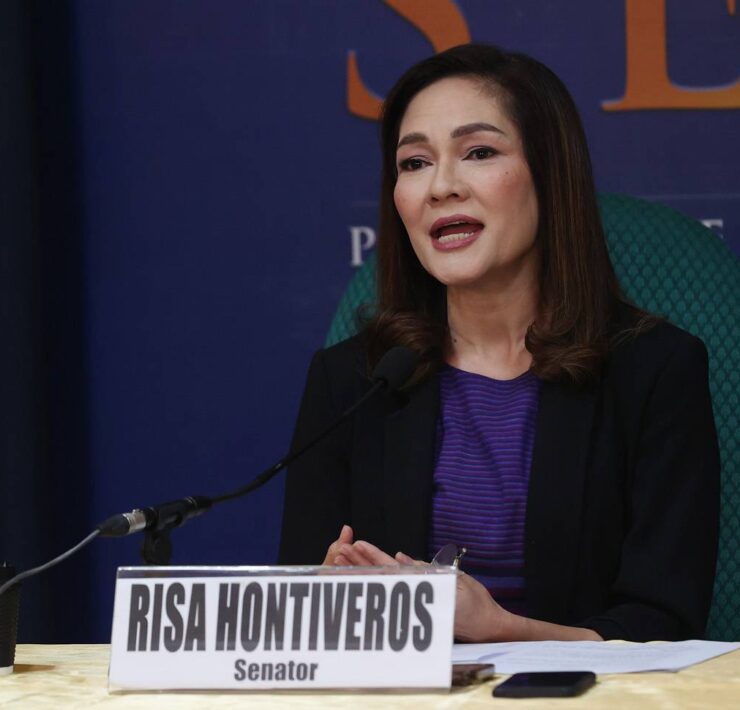PBEd: Education crisis persists, jobs gap widens

Despite decades of reforms to the education system, the country’s learning crisis has persisted, with the gap between graduates and employment only growing wider and students’ performance as well as teaching quality continuing to decline, an assessment bared on Monday by the nonprofit Philippine Business for Education (PBEd) showed.
According to PBEd Executive Director Hanibal Camua, these factors have caused a growing disconnect between education and employment, as graduates struggle to find jobs after graduation.
“Our graduates cannot find jobs while industries cannot also find the right talent—so this paradox continues to define our education and labor landscape. The gap between what our schools use and what our employers need is growing even wider,” Camua said.
The current crisis affecting graduates is not simply a matter of unemployment, but of a skills mismatch rooted in the “structural failure” in the country’s “education to employment pipeline,” added Camua.
“This is not merely an education concern. It is a national economic issue. The future of our country hinges on how well we prepare our people, not just in terms of credentials but in terms of skills and competence.”
‘Stretched too thin’
The current situation is partly due to the fact that government agencies for education are “stretched too thin,” noted PBEd.
Samantha Uichico, PBEd senior program manager, pointed out that the Department of Education (DepEd) is still facing a shortage of more than 150,000 teachers and a backlog of 90,000 classrooms. In addition, 55 percent of public schools operate without an assigned principal or school head.
Thousands of senior high school graduates under DepEd’s technical-vocational track remain uncertified because the Technical Education and Skills Development Authority (Tesda) lacks the manpower to assess them. Uichico said 47,000 assessors were needed just to address the backlog.
And while the country continues to invest below the recommended 4 percent of its gross domestic product in education, agencies like DepEd, Tesda and the Commission on Higher Education (CHEd) also operate in silos, offering little to no alignment across their programs, hence, resulting in a “fragmented, slow, and difficult to steer” system.
“The education crisis we’re facing is the result of decades of neglect, one that has surpassed generations. And its impact is no longer just felt inside the classroom, it is now a national productivity crisis,” stressed Uichico.
The crisis’ effects are evident in the data, said PBEd, which show that 9 out of 10 learners struggle to understand simple, age-appropriate texts.
PBEd also found that only 7 percent of students who enter Grade 1 complete the full education pathway through college, while four in 10 college students drop out before finishing their degrees.
What needs to be done
Thus, urgent reforms are needed that can “transcend and go beyond administrations,” because “a six-year term is not enough to solve generational problems,” said Camua.
“With Edcom 2 (Second Congressional Commission on Education) ending soon, the risk of losing momentum on education reform is very high,” he added.
Chito Salazar, PBEd president, said political leaders should be more focused on creating long-term goals rather than prioritizing short-term ones, citing as an example the K-12 curriculum, the changes of which will not be felt immediately but only after 12 to 15 years later.
“What we need are brave politicians who are willing to implement long-term changes and reforms, even if those won’t be immediately recognized,” said Salazar.
PBEd also called for decentralizing education governance, since educational problems differ per region, it said. Instead of consolidating the entire education system through DepEd, a decentralized system will help produce localized solutions that can be more effective in addressing specific needs and challenges.
“Solutions must come from those who understand the context best—our school leaders, our local governments,” said Camua. “Decentralization is not just an option, it is a necessity.”
Camua also stressed the need to align school curriculums with industry demands, especially given the mismatch between employment and education.
“Even if someone graduates, if their skills don’t match what the industry needs, it becomes difficult for them to find a job,” he said.
Salazar, for his part, highlighted the importance of prioritizing early childhood education. “If our children can read properly from Grades 1 to 4, everything else becomes simpler. And when students can’t read well, they fall behind.”
Another crucial remedy, he said, is improving the quality of teachers in the country by providing them the necessary training to ensure they are fully equipped to teach.
“No matter how much we change the curriculum, what matters more is the quality of the teacher,” he said.





















